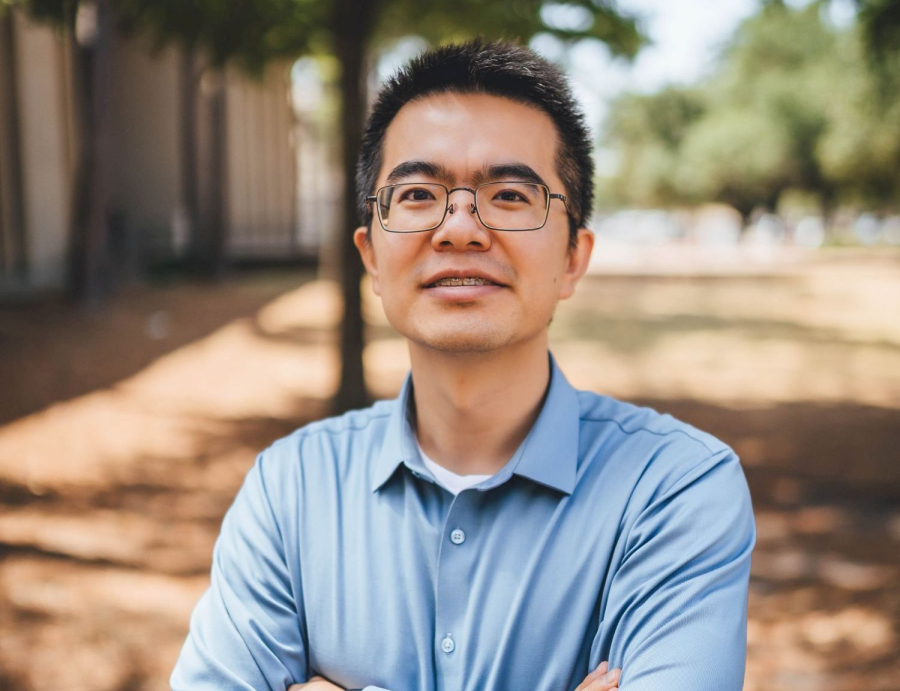Bo Zhao, assistant professor in the Mechanical Engineering Department at the Cullen College of Engineering, has earned funding from the National Science Foundation for a pair of research proposals in the past year.
In February, his proposal “Nonreciprocal Photonic Devices for Solar Thermophotovoltaics” was selected for $50,000 in funding. The research is part of the NSF's Innovation Corps (I-Corps) program, which is a seven week “immersive, entrepreneurial training program that facilitates the transformation of invention to impact.”
According to the project's abstract, “The development of a nonreciprocal photonic solution for solar energy harvesting systems. Compared to traditional solar cells, this proposed technology enables continuous electricity production in a cost-effective manner, operates around the clock, demonstrates compactness, scalability, and portability, and, most importantly, exhibits significantly higher efficiency compared to traditional solar photovoltaic systems. In addition, the portable nature of this technology makes it particularly suitable for deployment in underdeveloped regions and areas where establishing conventional power plants is challenging.”
Zhao also received $351,337 in June for his proposal, “Thermal Emission beyond the Conventional Kirchhoff's Law.”
According to the research abstract, “Despite the great benefits of nonreciprocal thermal emitters in solar energy, heat rectification and circulation, the understanding of nonreciprocal thermal radiation is lacking. This project aims to demonstrate a new theory valid for all thermal emitters, including nonreciprocal ones. We refer to this theory as the generalized Kirchhoff's law.”
Zhao joined the Cullen College of Engineering in Fall 2021, after working as a postdoctoral research associate at Stanford University. He earned his Ph.D. from Georgia Institute of Technology in 2016.
Currently, he serves as the director of the Thermal PhotoinX (TPX) Lab at UH, where his research group focuses on the theoretical and experimental aspects of thermal photonic transport processes. Their work aims to advance thermal management, energy conversion and information processing.
